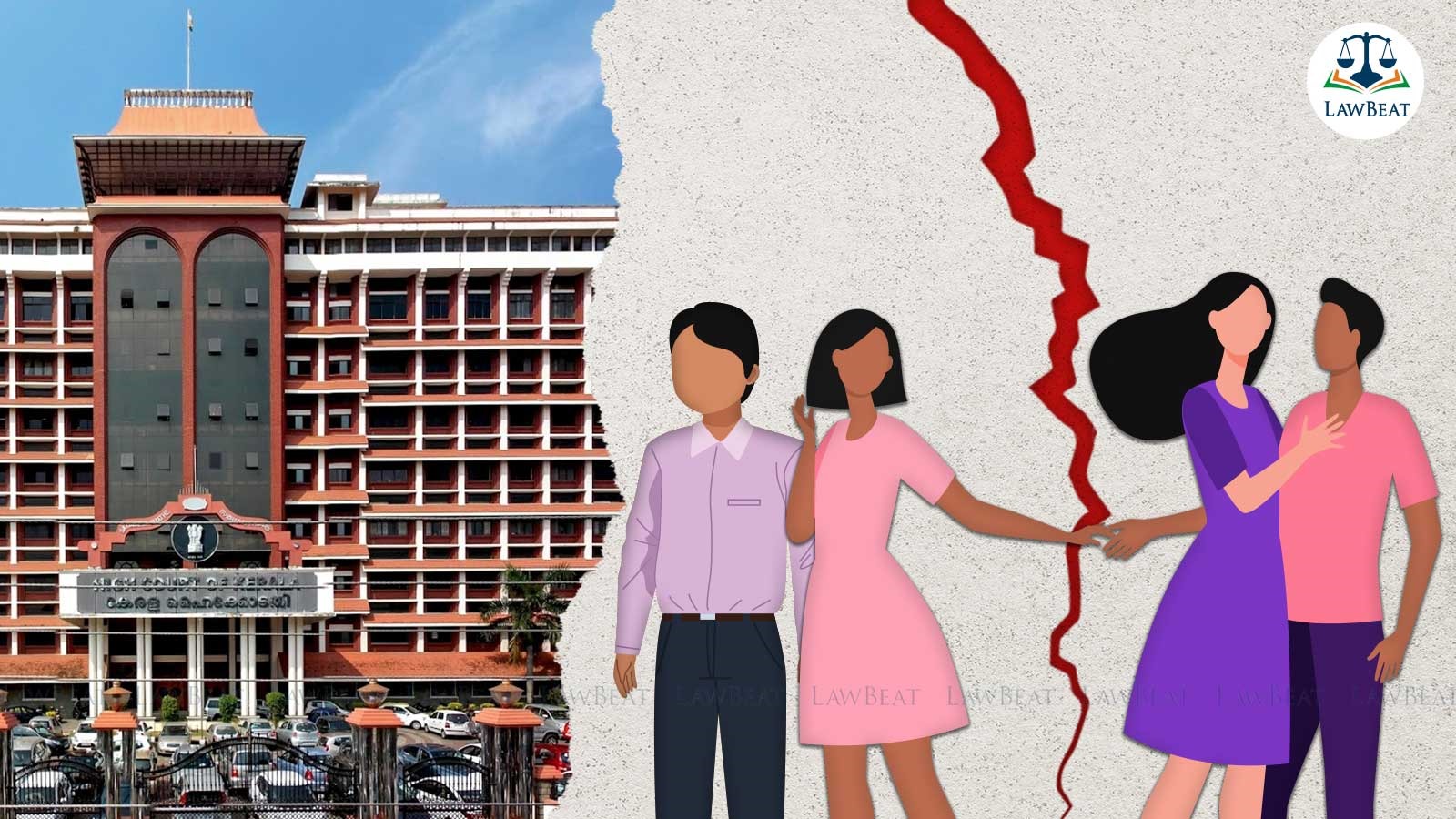Cohabitation During Subsistence of Previous Marriage Not a Domestic Relationship Under DV Act : Kerala HC

“A woman, who is a party to the relationship, which does not satisfy the requirements of a common law marriage, would suffer social disadvantages and prejudices,” the court noted
The Kerala High Court has determined a couple who performed a marriage ceremony while their previous marriages were still subsisting, and lived together for a considerable period, cannot be considered to have a 'relationship in the nature of marriage' as defined in Section 2(f) of the Protection of Women From Domestic Violence Act (DV Act).
Justice P. G. Ajithkumar, presiding over the court, relied on the Supreme Court’s decision in 'Velusamy D. v D.Patchaimmal’ (2010), which established that parties must be eligible to enter into a legal marriage—specifically, being unmarried— to have a relationship in the nature of marriage.
The case at hand involved a marriage ceremony between the parties held on August 23, 2011, despite both being already married. Their previous marriages were later dissolved, and they lived together for a considerable period.
The central issue was whether the marriage ceremony and subsequent cohabitation between the petitioner and the 1st respondent constituted a domestic relationship as defined by the DV Act, despite the fact that their previous marriages were still valid at the time of the ceremony. The Magistrate Court and Sessions Court had relied on 'Indra Sarma v V. K. V. Sarma’ (2013) to establish a domestic relationship between the parties. However, the petitioner challenged this finding before the High Court.
The respondent argued that the criteria laid down in Indra Sarma were satisfied in this case. However, the Court noted that Indra Sarma discussed the plight of women in relationships not satisfying the requirements of 'relationship in the nature of marriage' as laid down by Veluswamy (2010). The Supreme Court had urged the Parliament to protect women and children in such relationships through legislation or amendments.
The HC observed that for a relationship to be considered a common law marriage, despite the absence of a formal marriage, it must meet the following criteria:
- The couple must present themselves to society as if they are spouses.
- Both parties must be of legal age to marry.
- They must be eligible to enter into a legal marriage, including being unmarried.
- They must have voluntarily cohabited and represented themselves as spouses for a significant duration.
It was determined that a ‘relationship in the nature of marriage’ under Section 2(f) of the DV Act must satisfy these requirements.
The High Court highlighted that ignoring the eligibility criteria set out by the Supreme Court in ‘Velusamy' resulted in an incorrect assessment by the lower courts, as the parties to a relationship in the nature of marriage must be qualified to enter into a legal marriage, including being unmarried.
The court noted “a woman, who is a party to the relationship, which does not satisfy the requirements of a common law marriage, would suffer social disadvantages and prejudices. Such a woman would suffer social ostracism through the denial of status of benefits, who cannot, of course enter into a relationship in the nature of marriage,” as laid down by the Apex Court in Indra Sarma case.
The petition was consequently allowed and the orders of the lower courts were set aside and dismissed.
Cause Title: Chandra Babu v Vidya Pushpan and Others [ Crl. Rev. Pet. 14 of 2023]
